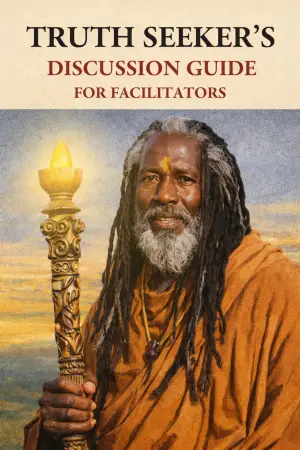I recently finished The Book of Lost Friends by Lisa Wingate, and I must say, it was an immensely rewarding read. I have a deep appreciation for historical fiction, especially stories that draw from real events and shed light on often overlooked chapters of history. This novel caught my attention due to its premise of intertwining narratives—one set in the post-Civil War South and another set in the 1980s—both revealing the quest for family amid the shadows of a painful past.
Wingate presents us with the journey of three young women—Hannie, Lavinia, and Juneau Jane—who travel through a torn landscape, fraught with uncertainty, on a quest for family that has been shattered by the brutal realities of slavery. The modern-day storyline follows Benedetta, a newly graduated teacher navigating the complexities of her students’ lives in Louisiana. This dual narrative structure created a powerful dialogue between past and present, emphasizing how history continues to shape individual and communal identities.
One of the standout features of this book is Wingate’s ability to weave authentic historical details with the lives of her characters. The "Lost Friends" advertisements laid the foundation for this narrative, showcasing the desperate searches of newly freed slaves for their loved ones. This backdrop was not just an interesting plot device; it also resonated deeply, showcasing the enduring bonds of family. In the face of adversity, the characters’ struggles often evoked compassion and understanding among readers. I found the dual narratives both enlightening and engaging, which many reviewers also praised.
However, as much as I enjoyed the beautiful prose and compelling characters, some parts of the story did tend to drag on. While I personally appreciated the slower pacing, I can see how it might frustrate other readers, who expressed that certain sections felt meandering. There were moments when I wished for a tighter narrative, especially in the modern-day plot where some character arcs seemed less developed.
That said, the richness of Wingate’s writing kept me invested in the unfolding drama. As Jan reflected in her review, the story is not only a significant historical read but a crucial commentary on our present society’s relationship with its past, especially in light of the societal discussions around race and history today.
Moreover, I loved the depiction of the relationships among the central characters. Each woman approached their challenges through unique perspectives, yet their stories weaved together seamlessly, affirming the importance of sisterhood in the face of adversity. This emotional depth resonated well with me, making me root for their success.
There were some moments I found predictable, particularly in the resolution of the characters’ arcs. As Kathleen noted, while the book is certainly engaging, it might not stride into the territory of "great literature." It carries elements of a feel-good narrative that, while uplifting, didn’t always surprise.
In conclusion, The Book of Lost Friends is a thought-provoking read that manages to intertwine character journeys with historical significance, leading to a fulfilling experience. I deeply appreciated Wingate’s ability to spotlight voices often marginalized in historical narratives. Though it may have its pacing issues, the emotional highs and the rich storytelling more than compensated for any frustrations, making it a strong recommendation from me. Whether you’re drawn to historical tales or are seeking stories that echo today’s issues, this book certainly manages to resonate on multiple levels.
I would rate it a solid 4.5 out of 5 stars, and I wholeheartedly recommend it for anyone interested in stories of resilience and familial bonds.








